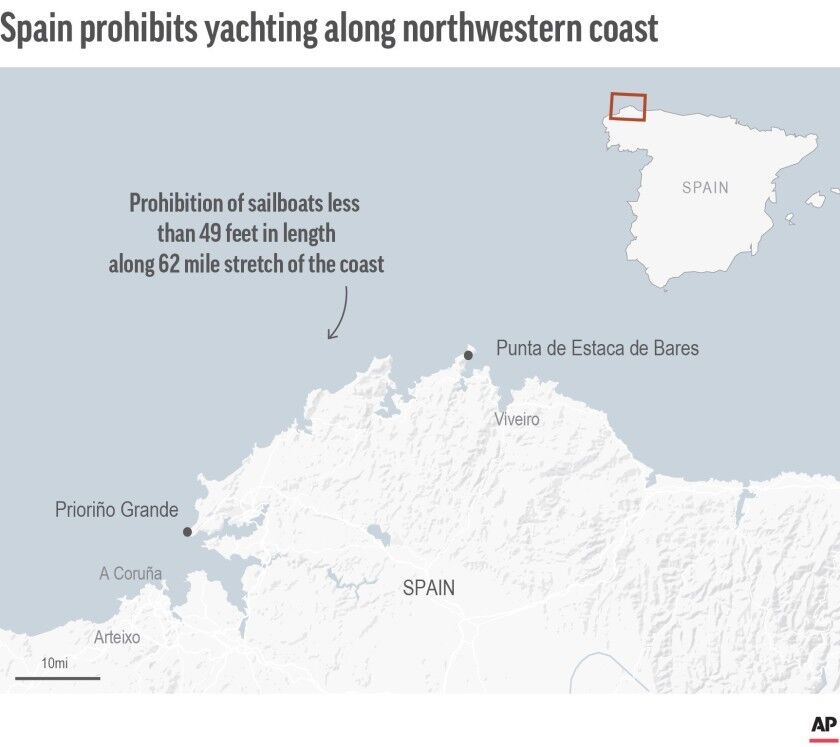News of the Weird
Published 6:00 am Thursday, October 1, 2020

- Spain recently prohibited yachting along its northwest coast due to orcas knocking into sailboats.
Official: Toilet display mocking mail-in voting is a crime
Associated Press
MASON, Mich.— A Michigan resident’s apparent joke showing disdain for voting by mail is no laughing matter for one election official.
The resident put a toilet on their lawn with a sign that says, “Place mail in ballots here.”
Barb Byrum, the Democratic clerk of Ingham County, filed a complaint with police over the display, saying it could mislead people who aren’t familiar with the voting system.
“It is a felony to take illegal possession of an absentee ballot,” Byrum said Sept. 18.
“Elections in this country are to be taken seriously and there are many people who are voting by mail for the first time this election,” she said.
Police told the AP the complaint is being investigated.
President Donald Trump has repeatedly warned that voting by mail could lead to fraud and spoil the election, making distorted claims that elections officials fear could cause anxiety and confusion among voters.
It’s the “safest way to vote during the pandemic,” Byrum said.
She didn’t identify the person who lives at the address. The lawn also has a sign that calls for the recall of Democratic Gov. Gretchen Whitmer.
No one answered the door the night of Sept. 18, the Lansing State Journal reported.
More than 2 million Michigan voters could cast absentee ballots after changes in election law.
Separately, a judge recently said absentee ballots postmarked by Nov. 2 can be counted if received within 14 days after the Nov. 3 election
Orcas knock into sailboats, force Spain to limit yachting
By Joseph Wilson/Associated Press
BARCELONA, Spain — Spain temporarily prohibited yachting across 62 miles of its northwestern coast after orca whales apparently got carried away while playing and damaged several sailboats.
Spain’s transport ministry issued the week-long prohibition for sailboats under 49 feet long beginning Sept. 22. It said the area covered by the ban meant to protect both boats and maritime mammals and could be extended to “follow the migration routes” of the whales.
Boats could leave port to go into the open sea between the capes of the Prioriño Grande and la Punta de Estaca de Bares, but they could not remain near the coast off the country’s northwestern tip.
The ministry said the first reported incident occurred Aug. 19. Since then, it said orcas damage an unspecified number of sailboats with some needing assistance from Spain’s maritime rescue service after their rudders were wrecked.
Biologist Bruno Díaz of the local Bottlenose Dolphin Research Institute said the orcas were most likely just playing a bit too rough.
He said orcas, like other cetaceans such as dolphins, like to swim alongside boats. Running into hulls is rare, but he believed it was likely done by “immature teenage” orcas getting rowdy.
“We will never be in the mind of that individual animal, but based on experience, we think that there is absolutely nothing (threatening about their behavior). We are not their natural prey,” Díaz told The Associated Press by phone. “They are having fun. And maybe these orcas have fun causing damage.”
Orcas are particularly attracted by sail boats due to their size, the waves they make and the lack of pollution they produce compared to fishing boats, Díaz said. This stretch of water where the Iberian Peninsula juts out into the Atlantic Ocean is rife with tuna for them to hunt and on their migration route.
Spanish television has shown footage taken by sailors of groups of orcas swimming extremely close to their boats. No injuries have been reported so far.
Even so, the close encounters have put a scare in some sailors and hurt their pocketbooks with repairs that were needed.
British sailor Mark Smith told Spanish state broadcaster TVE that he was “a little” frightened “because they were very big and we couldn’t stop them” from banging into his boat.





